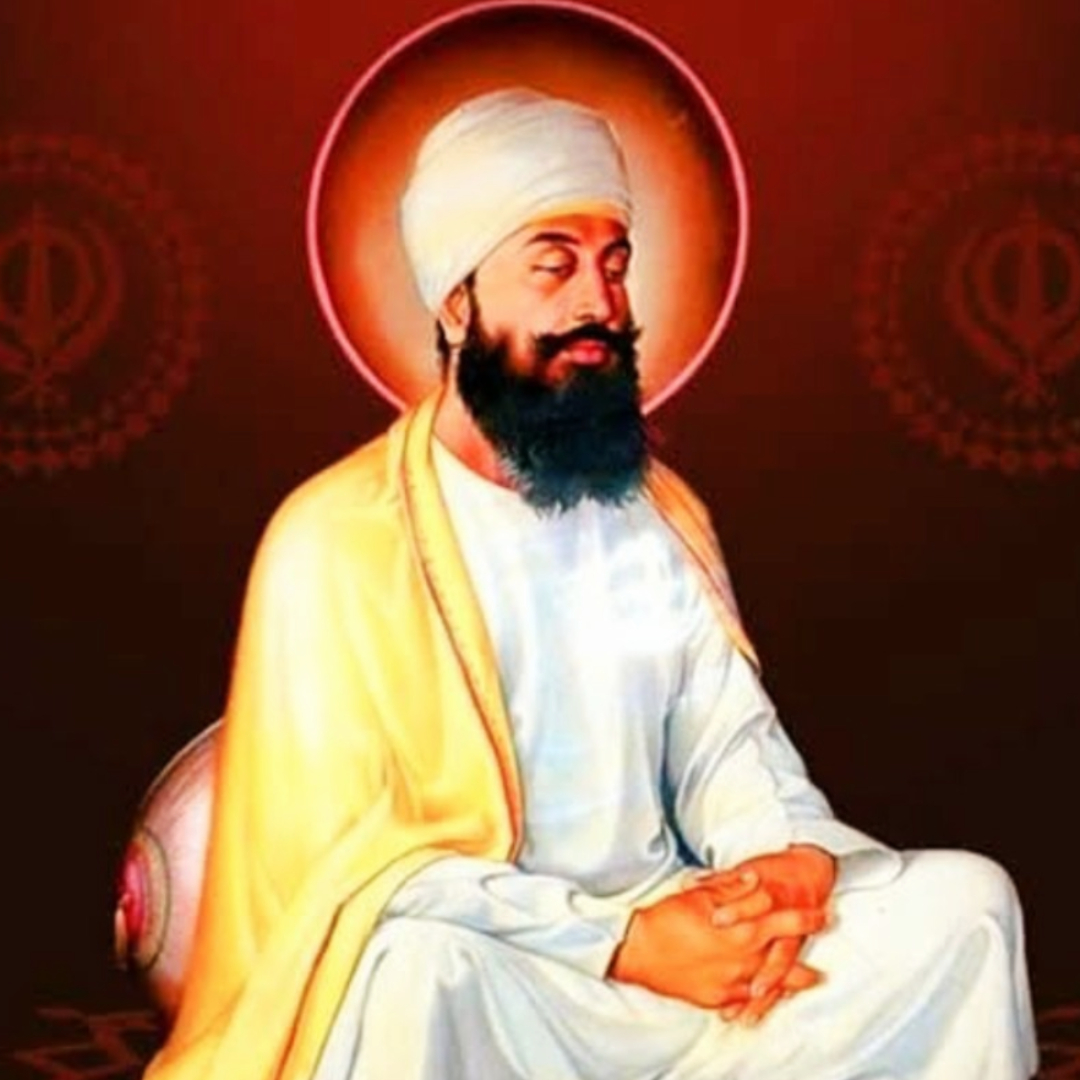
Image Credits: Twitter
Prakash Parv 2022: Remembering Guru Tegh Bahadur, A Valiant Fighter, Who Stood Up Against Mughals
India, 21 April 2022 10:29 AM GMT
Editor : Ankita Singh |
A literature lover who likes delving deeper into a wide range of societal issues and expresses her opinions about the same. Keeps looking for best-read recommendations while enjoying her coffee and tea.
Creatives : Varnika Srivastava
She is an upcoming millennial journalist, gushing in the 21st century to bring the authentic piece of information to the citizens.
Tegh Bahadur often recognised as the saviour guru, is regarded as an honourable scholar and poet who made significant contributions to the Sri Guru Granth Sahib, Sikhism's sacred book.
The auspicious day commemorates Guru Tegh Bahadur Jayanti 2022, also known as Prakash Parv 2022. This day is marked to monumentalize the birth of the Ninth Guru of Sikhism Guru Tegh Bahadur. This year celebrates the 401st anniversary of his birth.
Guru Tegh Bahadur was Guru Hargobind's youngest son, born in 1621 in Amritsar, and is renowned as a warrior guru who struggled tirelessly for religious freedom. Tegh Bahadur often recognised as the saviour guru, is regarded as an honourable scholar and poet who made significant contributions to the Sri Guru Granth Sahib, Sikhism's sacred book.
Early Life Of Guru Tegh Bahadur
Tegh Bahadur was the youngest son of Guru Hargobind and Mata Nanki; in early life, he was known as Tyaga Mal, but he was renamed Tegh Bahadur after fighting the Mughals and demonstrating valour, and later build an army to fight against Mughals. Guru Tegh Bhadur was a protean, who had splendid skills of archery and horseback. He also studied the Vedas, Upanishads, Puranas, and other traditional Hindu literature. Tegh Bahadur is said to have favored solitude and thought to excessive contact.
Guru Hargobind's grandson, Guru Har Krishan, succeeded him as the next Sikh Guru after his death. However, he died a few years later, and Guru Tegh Bahadur became the ninth Guru of Sikhism. Following his appointment as Guru, he traveled widely across the kingdom to preach Guru Nanak's teachings. During these trips, he became aware of the hardships of the ordinary people under the Mughal rule. In many parts of India, he disseminated Sikh principles and established communal water wells and 'langars' (community kitchens for the underprivileged).
Teachings,Work of Guru Tegh Bahadur
The Sikh Guru wrote several hymns to Granth Sahib. He also wrote 116 shabads, 15 ragas, and 782 compositions, all of which were included in the holy Sikh book Granth Sahib. He wrote on God, human relationships, the human condition, the body and mind, emotions, service, death, and dignity, among other things. Guru Tegh Bahadur had also travelled across the Mughal Empire, assisting in constructing Sikh temples.
Guru Tegh Bahadur angered the Mughal authorities by assisting and sheltering several Hindu holy men from Kashmir who had sought Guru Tegh Bahadur's assistance after being forced to adopt Islam by Emperor Aurangzeb. The Guru, encouraged by his son, persuaded the Hindus to warn the emperor that they would embrace Islam if the Guru became a Muslim. He subsequently travelled to Delhi, with no intention of converting to Islam, to protect Hindus against Aurangzeb, and was captured on the emperor's orders along the route. He was led to Delhi by five Sikhs and imprisoned in the city's garrison. He was offered the option of accepting Islam or being tortured while in prison, as he refused to convert and then was sentenced to death.
Also Read:Remembering Lala Hardayal Who Started International Movement Against Britishers In India
 All section
All section














